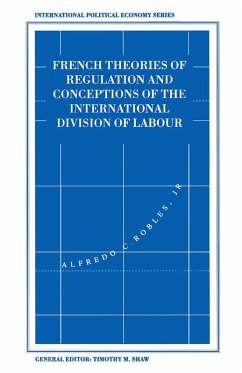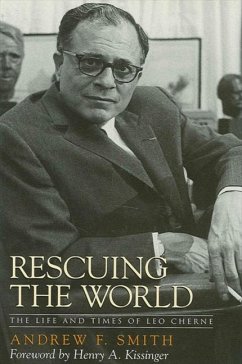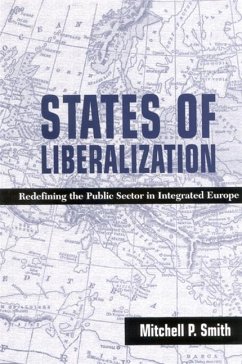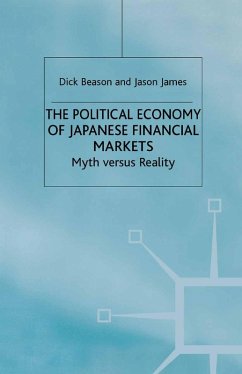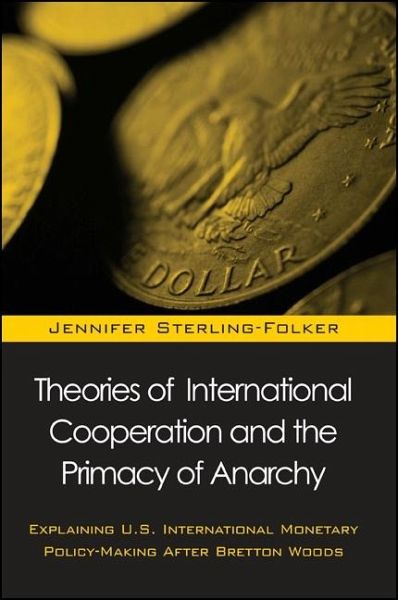
Theories of International Cooperation and the Primacy of Anarchy (eBook, PDF)
Explaining U.S. International Monetary Policy-Making After Bretton Woods

PAYBACK Punkte
14 °P sammeln!
Argues the state and not markets should be the center of analysis when attempting to explain international cooperation.Challenging the standard liberal explanations for international cooperation in the field of international relations, this book contends that despite numerous efforts and the passage of time, our understanding of the cooperative phenomenon remains woefully inadequate. Sterling-Folker argues that widespread explanatory reliance on what constitutes functionally efficient choices in global interdependence is deductively illogical and empirically unsound. The author's approach for ...
Argues the state and not markets should be the center of analysis when attempting to explain international cooperation.
Challenging the standard liberal explanations for international cooperation in the field of international relations, this book contends that despite numerous efforts and the passage of time, our understanding of the cooperative phenomenon remains woefully inadequate. Sterling-Folker argues that widespread explanatory reliance on what constitutes functionally efficient choices in global interdependence is deductively illogical and empirically unsound. The author's approach for explaining international cooperation is comprised of realist and constructivist insights and places the state, rather than the market, at the center of analysis. A thorough examination of Post-Bretton Woods American monetary policy-making reveals the fundamental flaws of traditional explanations and the superiority of a realist-constructivist alternative to the cooperative phenomenon.
Challenging the standard liberal explanations for international cooperation in the field of international relations, this book contends that despite numerous efforts and the passage of time, our understanding of the cooperative phenomenon remains woefully inadequate. Sterling-Folker argues that widespread explanatory reliance on what constitutes functionally efficient choices in global interdependence is deductively illogical and empirically unsound. The author's approach for explaining international cooperation is comprised of realist and constructivist insights and places the state, rather than the market, at the center of analysis. A thorough examination of Post-Bretton Woods American monetary policy-making reveals the fundamental flaws of traditional explanations and the superiority of a realist-constructivist alternative to the cooperative phenomenon.
Dieser Download kann aus rechtlichen Gründen nur mit Rechnungsadresse in A, D ausgeliefert werden.








